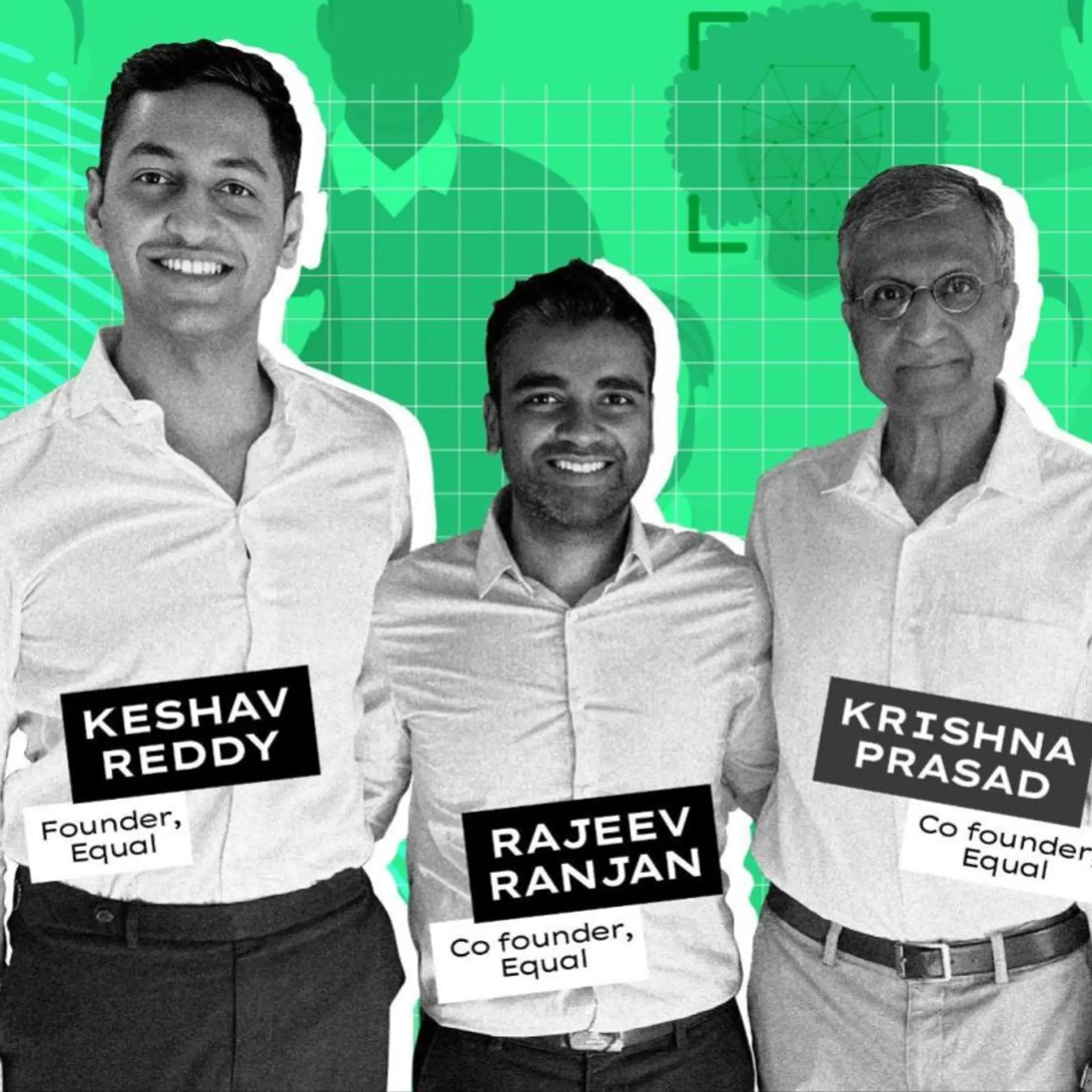
Kotak Mahindra Bank
View Brand PublisherCreating a successful digital footprint, how legacy brand Kankatala merged traditional ethos with modern values
Speaking at ‘Money Matters - Beyond Banking’, Anirudh Kankatala, Director, Kankatala, explained how going online changed the entire game for the company.
How did a 78-year-old brand seamlessly merge traditions with modern values? Visakhapatnam-based Kankatala’s story is one of passion, innovation, and staying true to one’s roots. A third generation entrepreneur, Anirudh Kankatala, Director, , has changed the course of the business with his digital initiatives. Carrying forward the traditional handloom brand’s legacy of seven decades, he launched the brand on social media platforms like Facebook and Instagram to introduce it to millennial consumers. Today, Kankatala sells over 25,000 sarees a month and exports to 17 countries. But the journey began with a love for fabric.
From numbers to fabric
“We were living in the same building as the store until I was 8-9 years old. During my lunchtime, I used to go into the store. The idea of the fabric has been etched into my mind and I always knew I would come back, but never understood in what capacity,” shares Anirudh as he spoke at ‘Money Matters - Beyond Banking’, an initiative by YourStory and Kotak Mahindra Bank. He pursued a bachelor’s in finance because he liked numbers and hoped to look into the financial aspect of the business. But once he joined, he was drawn to the fabrics. “I was drawn more towards the art of weaving and I got into the process of curation of these sarees,” he says.
From traditional to digital-first
“My company was started on a bicycle in 1940 by my grandfather and in 1943, he opened the first store. My father opened the first air-conditioned showroom in Vizag and began expansion to other cities from 2010. When I joined in 2015, I was wondering on how to take it forward and then I realised that we had to be online,” shares Anirudh talking about Kankatala's digital journey.
Noticing that customers were happily shopping for sarees worth Rs 50,000 through images shared on WhatsApp or over email, Anirudh was more determined than ever to sell sarees online. The average order value at their online store was much higher than their physical stores. “Then we came up with the concept of ‘Queen of Sarees’, where we have started these new flagship stores in Hyderabad, Bengaluru, and Delhi. We are going to start more small concept stores of close to 4,000-5,000 square feet where we're going to sell handlooms from across India, and this is how our online journey helped us take our brand to new territories,” he says.
Anirudh credits his success story to the lessons he learned from his grandfather and father. While his grandfather taught him the importance of hardwork and financial discipline, his father told him that customer satisfaction is essential and the customer is always right.
A dependable partner
While Kankatala grew from strength to strength, they also had a dependable partner in Kotak Mahindra Bank. Speaking about their partnership, Anirudh says, “All our store expansions over the last seven years have been handled by Kotak and when you know your bankers believe in your business model and expansion plan, it gives you great peace of mind. Kotak has always been supportive and we have been getting the most competitive rates from them. We haven't stepped into the bank in the last two years other than for depositing physical cash and that has been the ease of doing business with them.”
Overcoming challenges
Talent and technology were some critical challenges that Kankatala had to battle along the way. Finding talent in a Tier II city who understood technology and textiles was difficult. Another challenge was replicating their top sellers. “When it comes to handlooms, that doesn't happen. Each saree takes an average of 20 days and some even six months, one year or two years. It is just not possible for us to have two sarees of the same colour and same design available together because once it goes, the next saree is going to take another 20 days,” says Anirudh.
From India to the world
After being established as a brand in the South, Kankatala has been expanding in the north of the country since the past few years. “Being online gave us an idea that people are liking what we sell. In the last six years, we have seen an increase in demand for exclusive handloom sarees perhaps due to Bollywood weddings, where there is a clear shift in clothing preferences. Banarasi sarees or Kanjivarams are mostly the order of the day. And we've been selling such products since the last 75 years,” says Anirudh.
Going global is another significant milestone. Anirudh says that curation and selection of what they sell is critical. "I personally hand-picked sarees from close to 40 different weaving clusters. I see over a thousand sarees and I pick only the top 100. When a customer sees these online or even offline, they know that this is something specially curated for them," he says. Today 40 percent of their online orders come from America. Alongside this, Australia, New Zealand, Malaysia, Singapore, and the UAE are the main markets globally. "I feel that the reason for this growth is purely attributable to social media," Anirudh says.
Retaining the vision of the brand to protect and promote Indian handlooms, Anirudh wishes to make Kankatala a national brand, and eventually scale it to international fame. "We plan to have stores in the major Indian cities and also have an international presence with a store in America at least in the future," he says.







